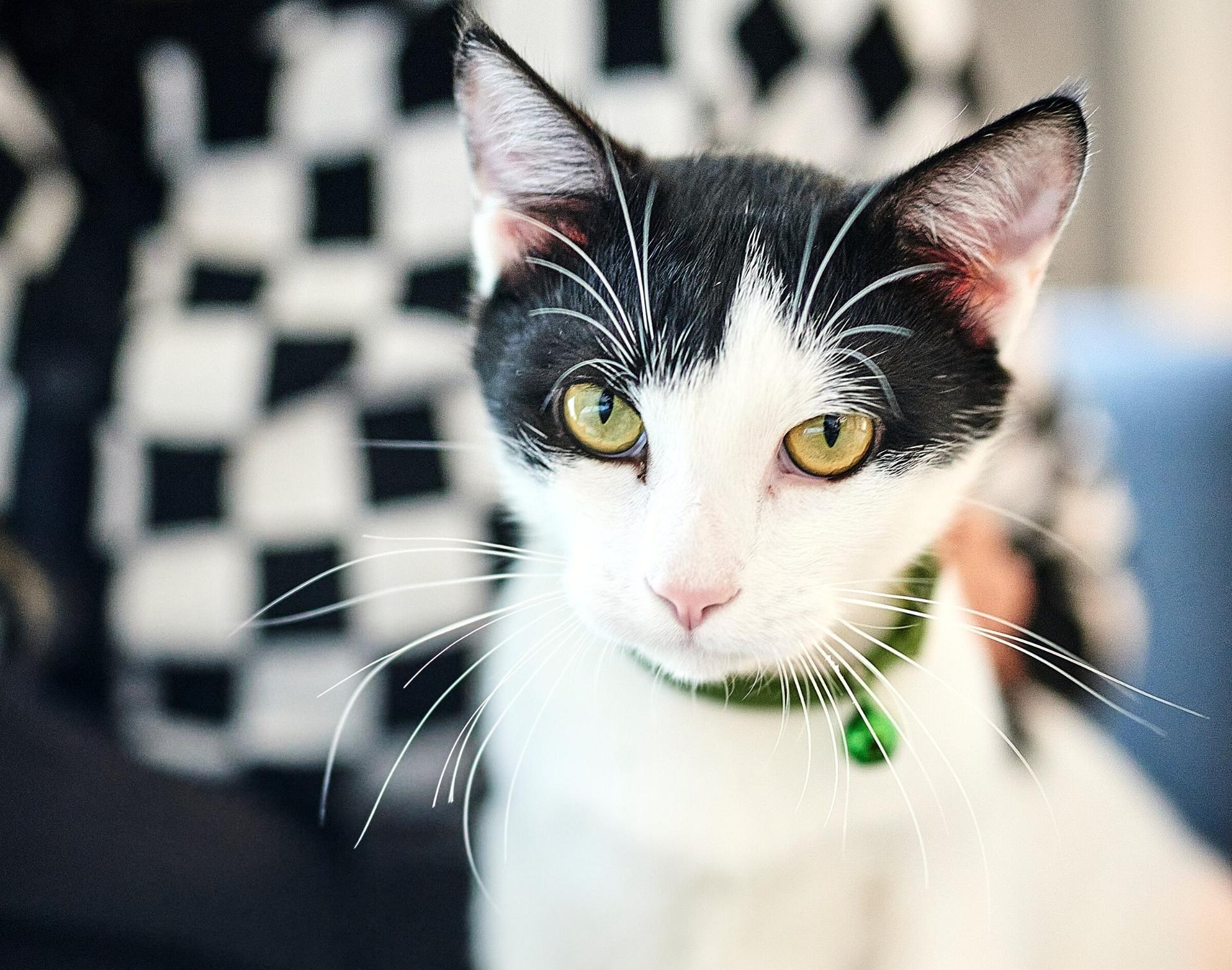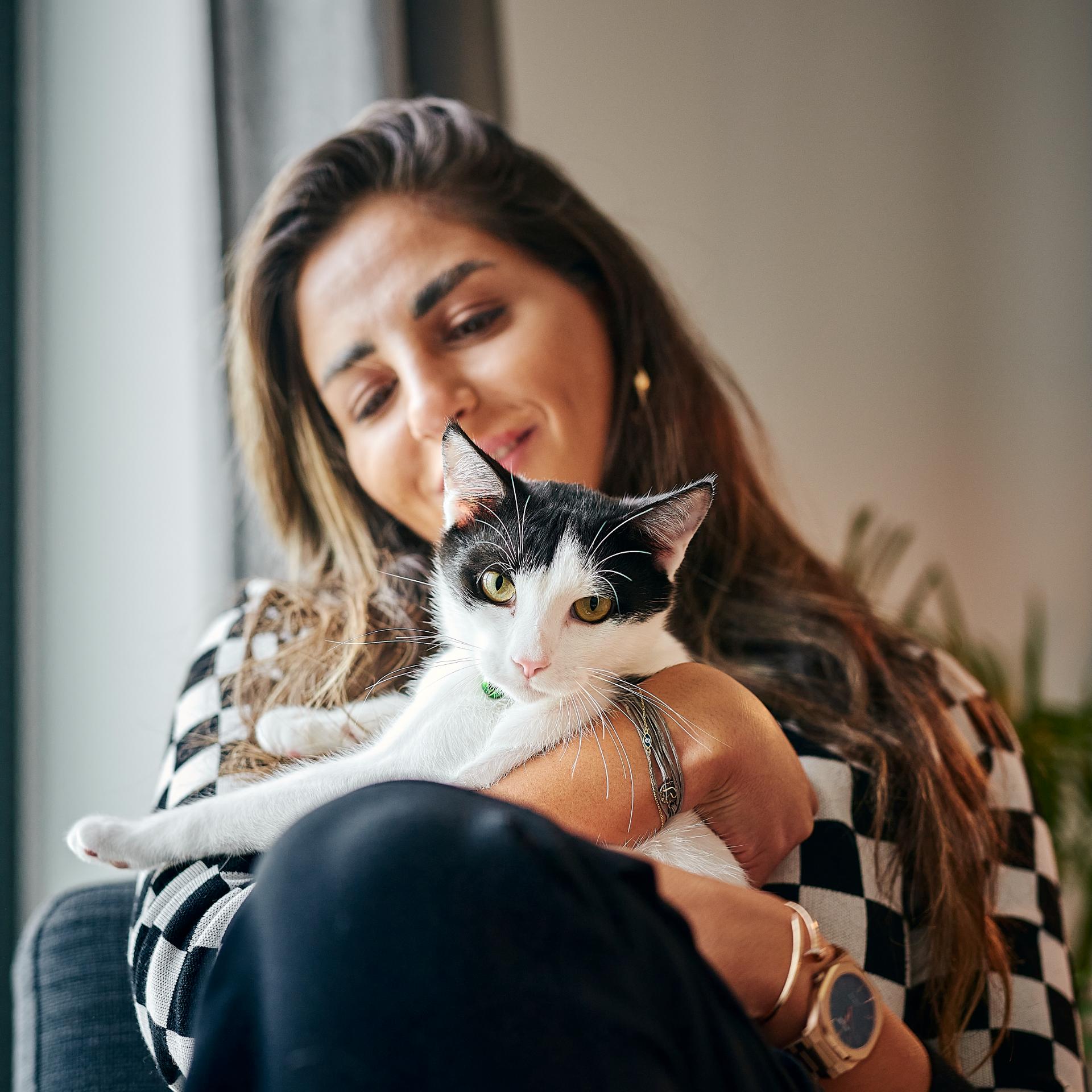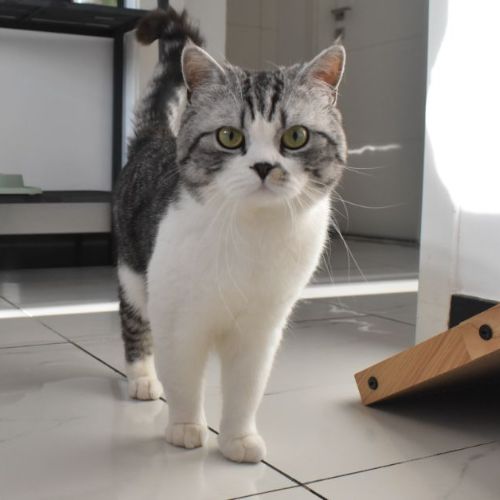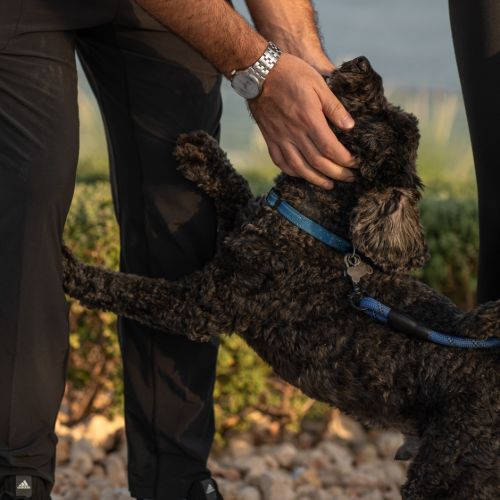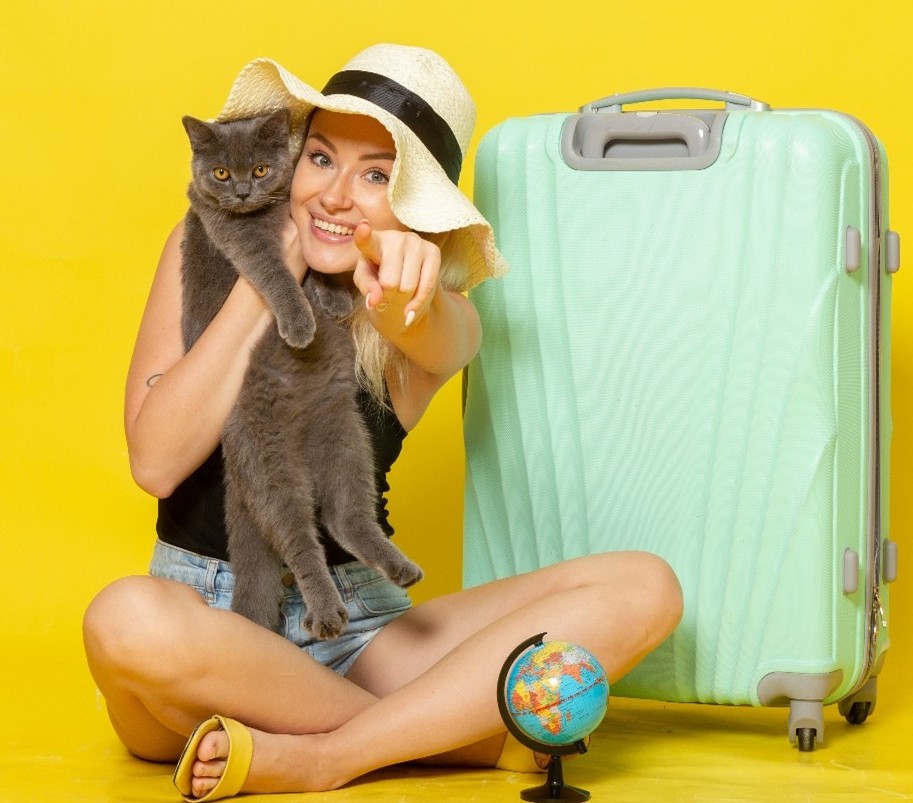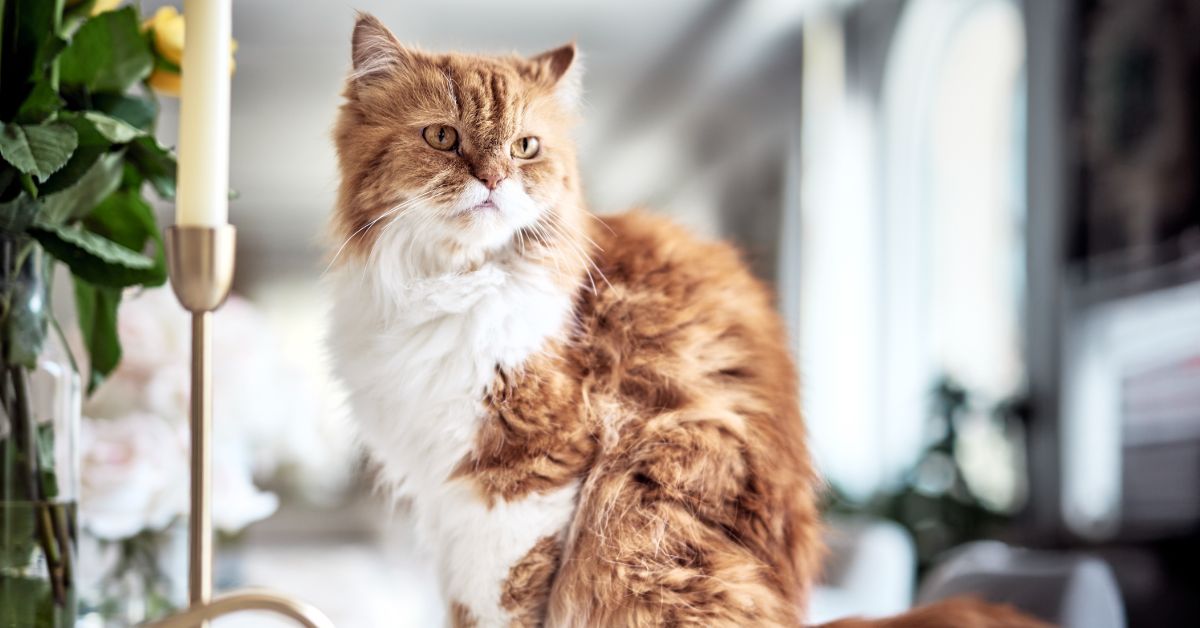
07 February 2025
|PetBae
Managing Runny Noses in Cats: What Cat Sitters Need to Know
A runny nose in cats, especially for those in a cat boarding situation with PetBae, can be concerning for both pet sitters and cat owners. Just like humans, cats can experience nasal discharge, which may range in color and texture, including clear, yellowish, or even bloody discharge. The underlying causes for a runny nose can vary, and in a boarding environment, it's important to monitor the symptoms closely to ensure the cat’s comfort and health.
Common causes of nasal discharge in cats include upper respiratory infections, allergies, and inhaled irritants. In many cases, viral infections, like herpes or calicivirus, are the culprits, especially in multi-cat environments or shelters. This is common for cats in boarding settings, where they may be exposed to a variety of stressors. While these infections may clear up on their own in about a week, more severe conditions, like dental disease, polyps, or even nasal cancer, could be to blame for persistent symptoms. If a cat’s nose continues to run or the discharge changes to a yellow, green, or bloody color, a vet visit is necessary to prevent further complications.
As a pet sitter, it’s crucial to keep an eye on the cat's behavior. Symptoms like sneezing, eye discharge, lethargy, or a lack of interest in food are often associated with a runny nose. If these symptoms worsen or if your cat shows signs of congestion or difficulty breathing, it’s time to consult a vet. This is particularly important in a boarding situation, where multiple cats may be sharing the same space, and illnesses can spread quickly.
Treatment will depend on the cause of the runny nose. For minor infections, supportive care and monitoring may be enough. However, antibiotics, antivirals, or antifungals may be prescribed for more severe infections. A humidifier or steam can help relieve nasal congestion, and gentle wiping of discharge can keep the cat comfortable. Preventing a runny nose in a boarding setting involves maintaining cleanliness, reducing exposure to allergens or irritants, and ensuring the cats are up-to-date on vaccinations.
Ultimately, as a PetBae pet sitter, it’s your responsibility to monitor the cats in your care closely. If a cat shows signs of a runny nose or other respiratory symptoms, it’s important to keep them comfortable and seek veterinary advice when necessary to ensure they remain healthy during their stay.



